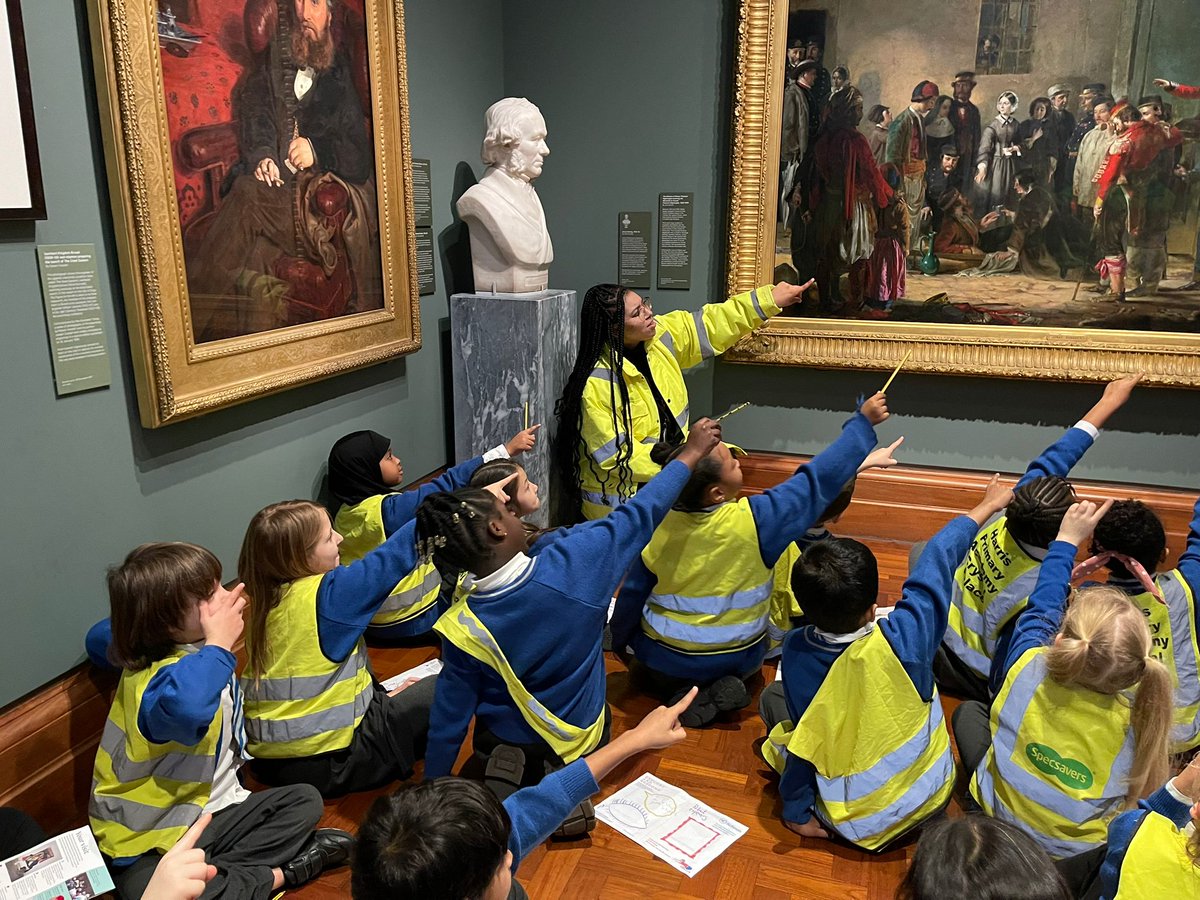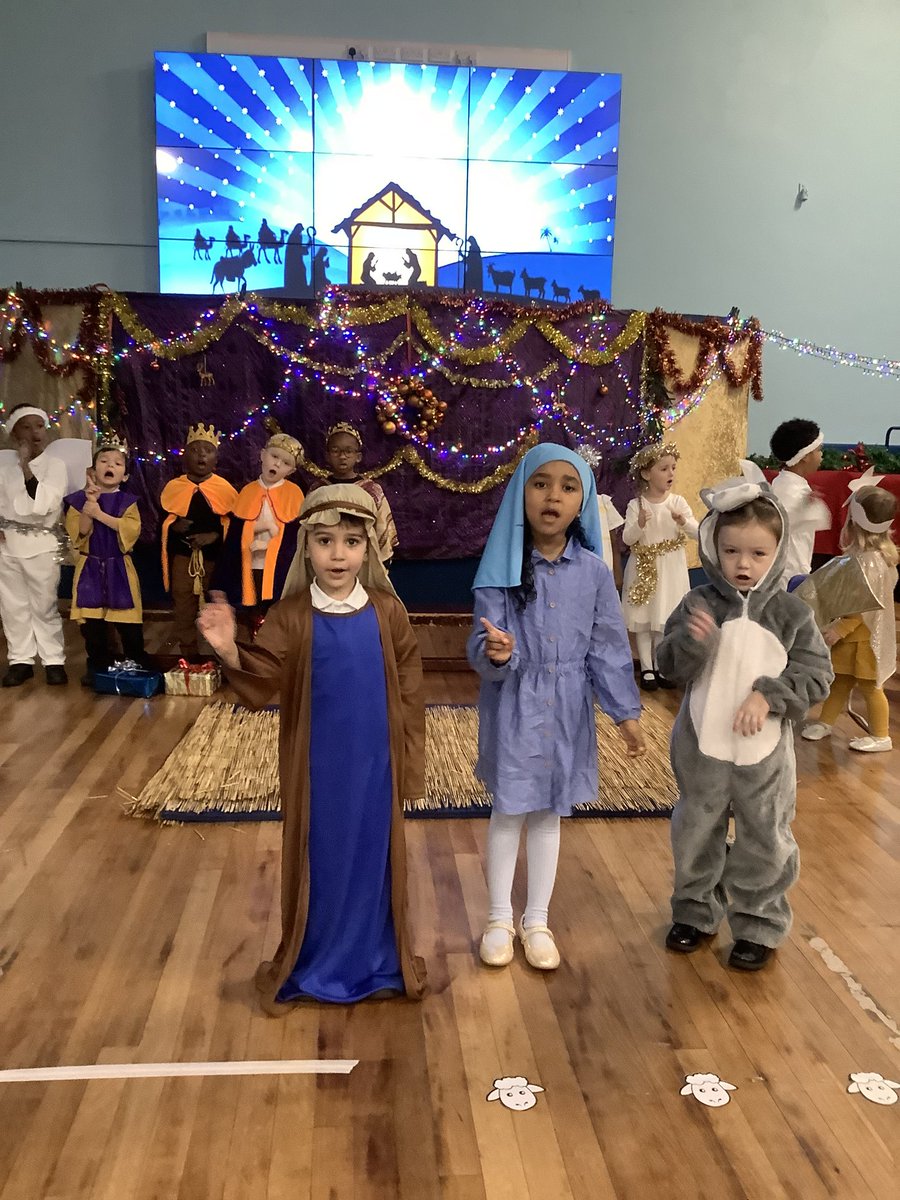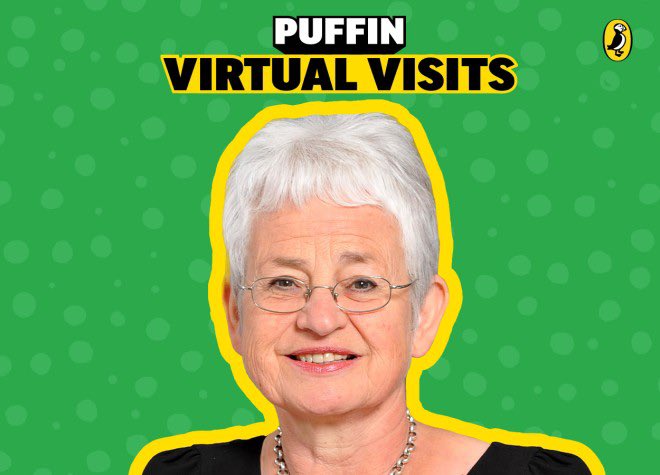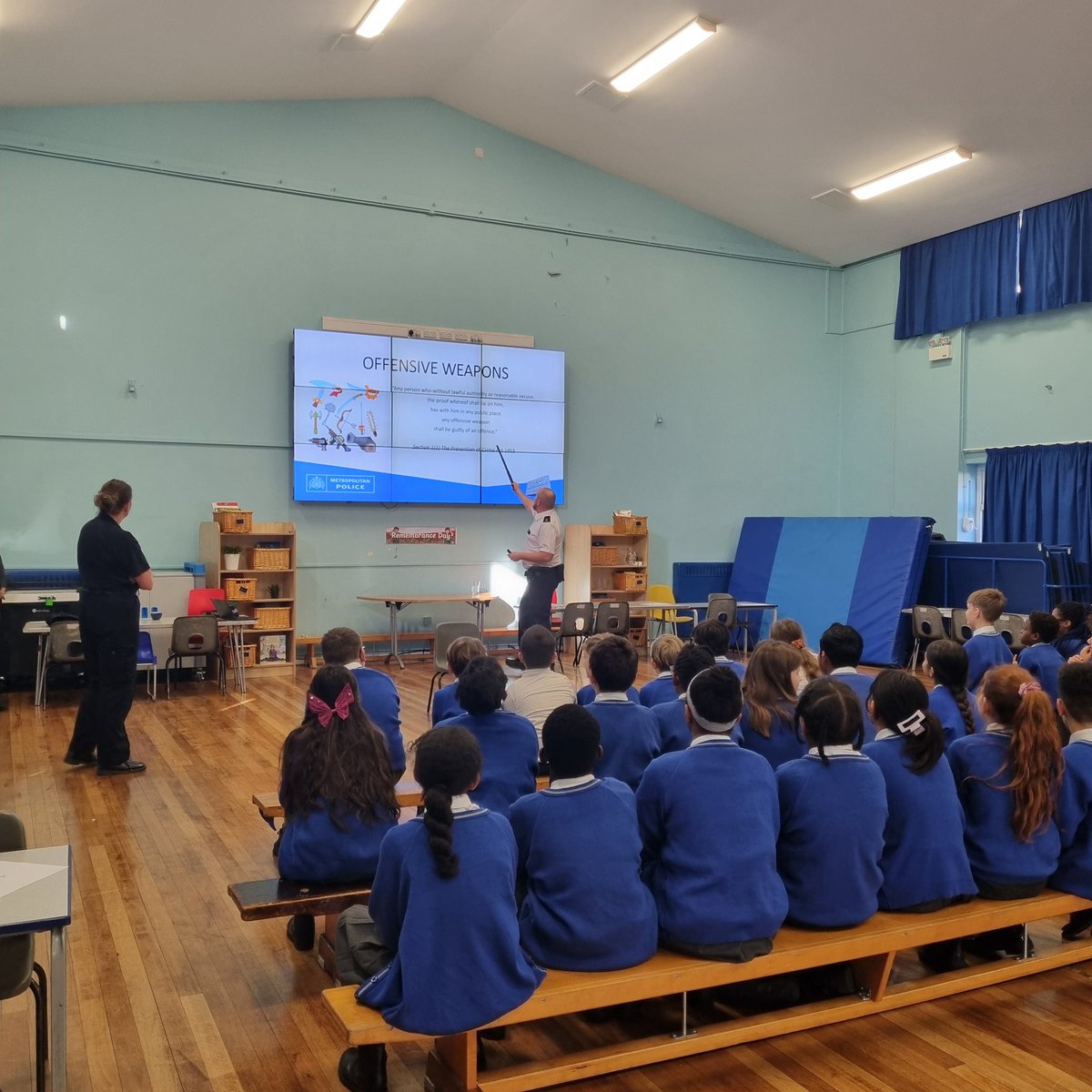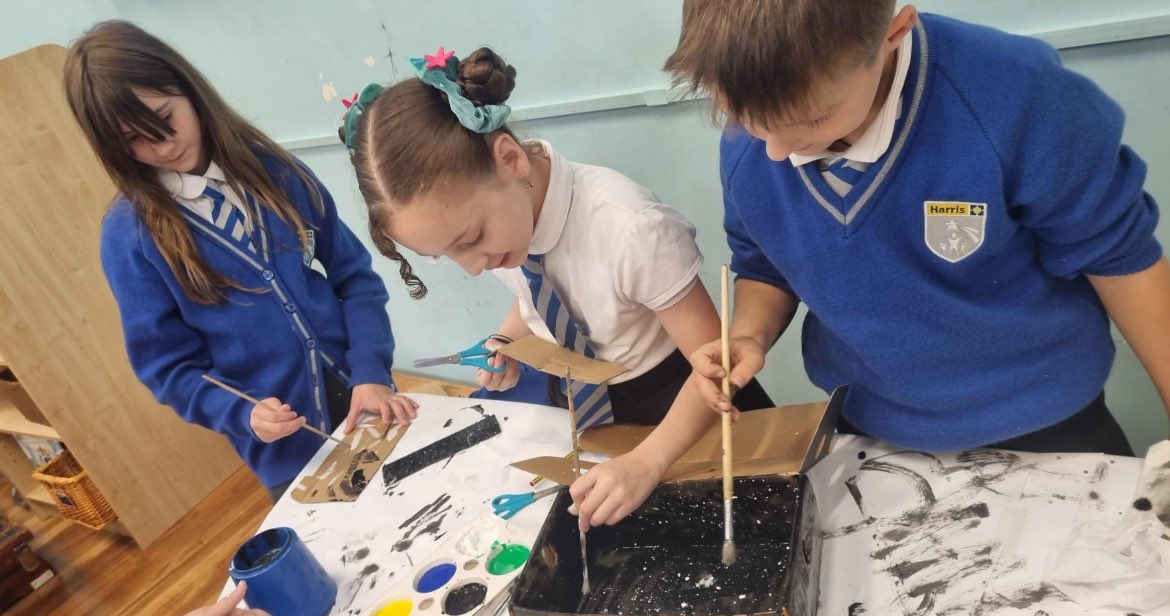English
Introduction, Vision and Philosophy
At Harris Primary Academy Crystal Palace, our English curriculum is designed to immerse children in a range of language-rich texts to develop a love of reading and writing. Our aim is for all children develop their speaking, listening, reading and writing skills, with language acquisition at the heart. Our carefully chosen texts reflect the diverse communities we teach, inspire a life-long love of reading and aim to expose children to a wide range of rich texts to encourage development culturally, emotionally, intellectually, socially and spiritually. We inspire a habit of reading widely and often and well as a culture where children can take pride in their writing, can write clearly, imaginatively and accurately and adapt their language and style for a range of contexts.
We believe that a clear pathway of progression as they advance through the primary curriculum – both in progression of texts and genres of writing – will develop a secure knowledge base in literacy. The children at Crystal Palace learn a wide range of vocabulary and knowledge of linguistic conventions for reading, writing and the spoken language. We instil in our children the importance of discussion in order to learn; they are taught to be able to elaborate and explain clearly their understanding and ideas. The purpose of this document is to clarify the how, why, and what of literacy teaching at Harris Primary Academy Crystal Palace. This is to be used by staff to clarify expectations, highlight the resources that we have at our disposal, and to ensure that a high-quality literacy curriculum is being taught to all.
What does literacy look like at HPACR?
READING
At Crystal Palace we believe that all children can become fluent readers and writers. Reading is at the very heart of our curriculum and is taught daily through a variety of ways.
Class Reading Folder
In order to have a consistent, well-managed approach to the teaching of reading, every class teacher has a reading folder that is used daily to record their ongoing reading assessments and daily reading activities. In addition to this, they have instant access to important assessment information about the children in their class: end of key stage outcomes, phonics outcomes and targets.
Phonics and Early Reading
Our systematic approach to the teaching of early reading and phonics will ensure that children can read fluently by the age of seven. We follow the well-established Read, Write, Inc. programme of teaching phonics as we believe that this gives all children at Crystal Palace the skills and resources they need to begin their reading and writing journey. Read Write Inc. phonics teaches children to read accurately and fluently with good comprehension. They learn to form each letter, spell correctly, and compose their ideas step-by-step. Children learn the English alphabetic code: first they learn one way to read the 40+ sounds and blend these sounds into words, then learn to read the same sounds with alternative graphemes. They experience success from the very beginning. Lively phonic books are closely matched to their increasing knowledge of phonics and ‘tricky’ words and, as children re-read the stories, their fluency increases.
Our dedicated teachers and teaching assistants are well-trained to teach all the children from EYFS - Year 2, for 45 minutes a day. Through regular assessments we review progress to ensure that children are in a group matched to their reading level. Gaps are filled quickly and the emphasis on small group teaching is effective and enjoyable for all. For children who need further support, additional early reading sessions are arranged to ensure every pupil can make progress. As a result, our children are able to tackle any unfamiliar words as they read. To support teachers in continuing to deliver high-quality phonics lessons, regularly training and updates are provided to staff.
Parent Reading Information & Phonics Training Sessions
We view reading at home to be of real importance and offer support and training to parents to assist them with this. Parent information sessions regarding how we teach reading and phonics are run during the Autumn Term. This is followed up with regular ‘check ins’ with parents to offer support and advice where necessary. We encourage parents to be reading with their children daily so they can engage with the process and celebrate their child’s reading success.
Parent Reading Sessions in EYFS
Frequently through each term, parents of EYFS children are invited to read with their children in our classrooms. This has proved to be a fantastic way to engage parents with the reading process and our youngest children love sharing their reading with their family members.
Reading for Pleasure
All children from Early Years through to Year 6, participate in daily Reading for Pleasure sessions. These are 15 minute sessions where all children are read to by their class teachers, experiencing high quality, engaging texts, that promote a love of reading to all. Each class teacher has a selection of books that have been purposely selected to cover a range of text types, themes and cultures and are suitable for whole class discussion.
Reading VIPERS
Once children have completed the Read, Write, Inc phonics programme, children are taught to develop and further their love of reading, through well-structured reading sessions led by their class teachers. To structure our reading curriculum and ensure progression and coverage, we use Reading VIPERS to develop children’s understanding of the different reading skills: vocabulary, inference, prediction, explanation, retrieval, summary. VIPERS is based on the 2016 reading content domains found in the National Curriculum Test Framework and ensure we are providing our children with the skills they need to engage fully with a text.
These VIPERS skills are embedded into each year group 2-6 and question stems develop in complexity from year to year to ensure progression. Teachers are provided with a question stem documents to ensure that questioning is appropriate and challenging. Equally, to ensure a progressive curriculum, our core literacy texts – which reading and writing are based around – increase progressively to not only expose children in a range of rich texts, but to ensure that pupils are making continuous progress with their reading.
KS2 Reading Timetable
A typical reading timetable for Year 2 through to Year 6 follows this weekly structure:
| Monday | Tuesday | Wednesday | Thursday | Friday |
| VIPERS Focus – a core comprehension skill (Vocabulary, inference, predication, explanation, retrieval, summary, sequencing) | VIPERS Focus – a core comprehension skill (Vocabulary, inference, predication, explanation, retrieval, summary, sequencing) | VIPERS Focus – a core comprehension skill (Vocabulary, inference, predication, explanation, retrieval, summary, sequencing) | VIPERS Focus – a core comprehension skill (Vocabulary, inference, predication, explanation, retrieval, summary, sequencing)
| Reading for Pleasure |
Whole Class Reading Sessions
All children are included to ensure that everyone is exposed to high-quality texts and that they are part of important discussions about the text, promoting the high standards that we have for all our children. When reading, teachers are modelling good use of intonation, expression, phrasing and volume to allow children to emulate fluent reading styles of their own.
We use a wide variety of age appropriate, yet challenging texts (fiction and non-fiction) to teach reading fluency and stamina, alongside the teaching of important core comprehension skills. Emphasis is placed on the children being able to retrieve information from the text, quickly and efficiently, alongside, that of being able to infer information from the text. Carefully constructed targeted and open-ended questions ensure that these, and the other core comprehension skills of prediction, summary, explanation and understanding author’s intent are taught through engaging and thoughtful lessons. These follow a carefully planned progression to ensure that each year builds on the learning of the year before. Teachers will model effective answers both through their speaking and in their written answers to example how children should be responding, always with evidence and explanation to support their ideas and thoughts.
Vocabulary Development
Revisiting vocabulary
We believe the key to effective comprehension is children’s vocabulary knowledge; this is at the heart of our reading lessons and promoted across the whole curriculum. Many of the reading texts chosen will support work that is being done in our writing lessons so vocabulary can be re-visited frequently to ensure maximum understanding.
Wider curriculum vocabulary
Key vocabulary for all our wider curriculum teaching is highlighted in Federation PowerPoints for each subject: revisiting prior learning and emphasising new terms that will be encountered in each lesson.
Vocabulary displays
Subject displays within the classroom highlight the key vocabulary the teacher will refer to during the unit.
Focus Author
Class Teachers promote the love of reading, by displaying a poster on their classroom doors of their favourite authors and book. They also display the current book that the class are reading.
Book Corner
Read the Rainbow
In order for children and parents to record and track reading success, we read the rainbow at HPACP! That involves each child working through 7 coloured bookmarks throughout the year. Every-time they read, at home or at school for a specific amount of time, this is logged on the bookmark. When the bookmark is completed, the child is rewarded with a certificate. Parents are encouraged to engage with this process and find time to read with their child regularly. Once they have reached the end of the rainbow, children progress to using the bronze, silver and gold bookmarks to finally reach the pots of gold at the end of the rainbow. Extra challenges are in place for those readers who successfully reach this goal before the end of the year.
School Visits
Author visits
It is viewed to be important that we invite authors in to our school to work with our children on a regular basis.
Library Trips
We have strong links with our local library and organise regular trips so the children can experience this. We also whole-heartedly promote the summer library reading challenge that happens across the summer months.
Spelling, Punctuation & Grammar
SPaG is taught regularly from Year 1 upwards and lessons follow a weekly focus on a different punctuation, grammar or spelling rule for each week using the National Curriculum guidelines. It is considered important that the teaching of SPaG is seen as a part of writing (and not just a discrete skill) so emphasis is placed on ensuring that all explicit SPaG content is also taught through our English lessons so children make those important links to develop their writing content and style.
Spellings
These are taught explicitly once a week, practised once a week and then tested on a Friday. Each week there is a focus on a spelling pattern or rule. The children are taught to break down the sounds and to look carefully at the spelling rule. They will then practise spellings that use the spelling rule and be able to practise at home with a list of words containing that pattern. These are tested weekly on a Friday in a low-stakes, ‘tick or fix’ test where children are encouraged to independently mark and assess their own progress. Spelling is also an important part of our English lessons and emphasis is placed on ensuring that children are using their spelling knowledge confidently within their writing.
Handwriting
Children take part in regular handwriting practise. Handwriting is a practised skill that they take part in during the early morning sessions and during English lessons. Using the start from the line method children practise the set of patterns by copying the joins from the IWB before moving on to forming words using these joins. At Crystal Palace we use an online programme called Letter Join that is interactive and engaging for the children. Joins are introduced following on from RWI handwriting lessons. Handwriting and presentation is a big focus for all our children and they are encouraged to take pride in their work. The use of Letter Join also ensures our handwriting practice is progressive across the year.
Literacy lessons
High Quality Texts
At HPACP we teach children writing skills through a range of vocabulary rich texts that have been carefully selected. Each year group follow a comprehensive plan that ensures clear progression through texts and genres. By the end of Year 6, each child will have been exposed to a comprehensive range of writing styles and genres from four key purposes – Writing to Entertain, Writing to Inform, Writing to Persuade and Writing to Discuss. Within these, guidance is given to teachers to ensure that a variety of genres are taught and revisited regularly. These ensure that a variety of fiction, non-fiction and poetry is explored. Each year group focuses on one text per half term and teaching is supported by the reading of the texts. Throughout all lessons, there is a focus on the impact of the reader. Although SPaG is taught and revised weekly, grammar and punctuation are embedded into our English planning to ensure children are able to make links between the authors intentions and the impact on the reader. We are developing a culture of talk to support our writing. Our English progression document outlines the core texts, genres of writing and the grammatical focus for each writing unit to ensure these builds on children’s prior knowledge.
Promotion of Oracy
In order to become immersed in the subject matter, teaching sequences may cover speaking and listening or drama activities. These ensure that children are able to listen and respond appropriately to adults and their peers, ask relevant questions to extend their understanding and knowledge and use relevant strategies to build their vocabulary. Children participate in discussions, presentations, performances, role play, improvisations and debates in order to develop their speaking skills.
From speaking and listening activities, lessons will focus on immersion in the genre, using high quality models to ensure that children are able to become confident to produce their own piece of writing in the required style.
Writing
Planning, re-drafting and editing are all key parts of the writing process before a final writing outcome is produced.
A typical writing structure would look like:
- Immersion in the text / genre (reading, vocabulary, text deconstruction)
- Practicing applying key grammatical or punctuational skills that the model text has used.
- Modelling – shared writing and exploration
- Planning (scaffolding)
- Practice
- Editing and improving
- Independent writing
Crystal Palace Recommends
Each year group have a set of high quality, age recommended books in their classroom, available for the children to access. The aim is for the children to read all 12 recommended books by the end of the school year.



